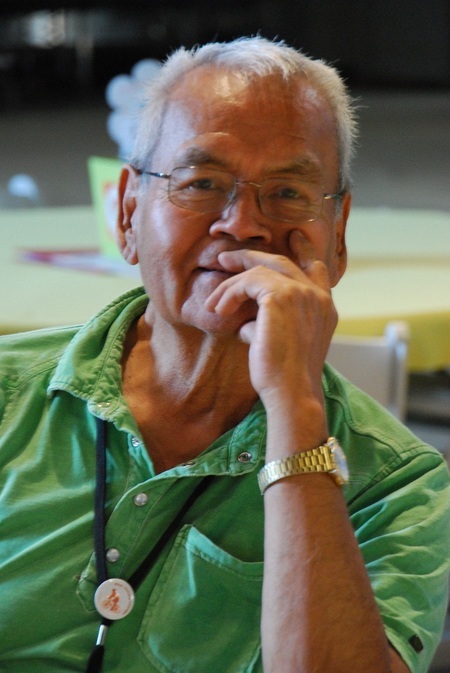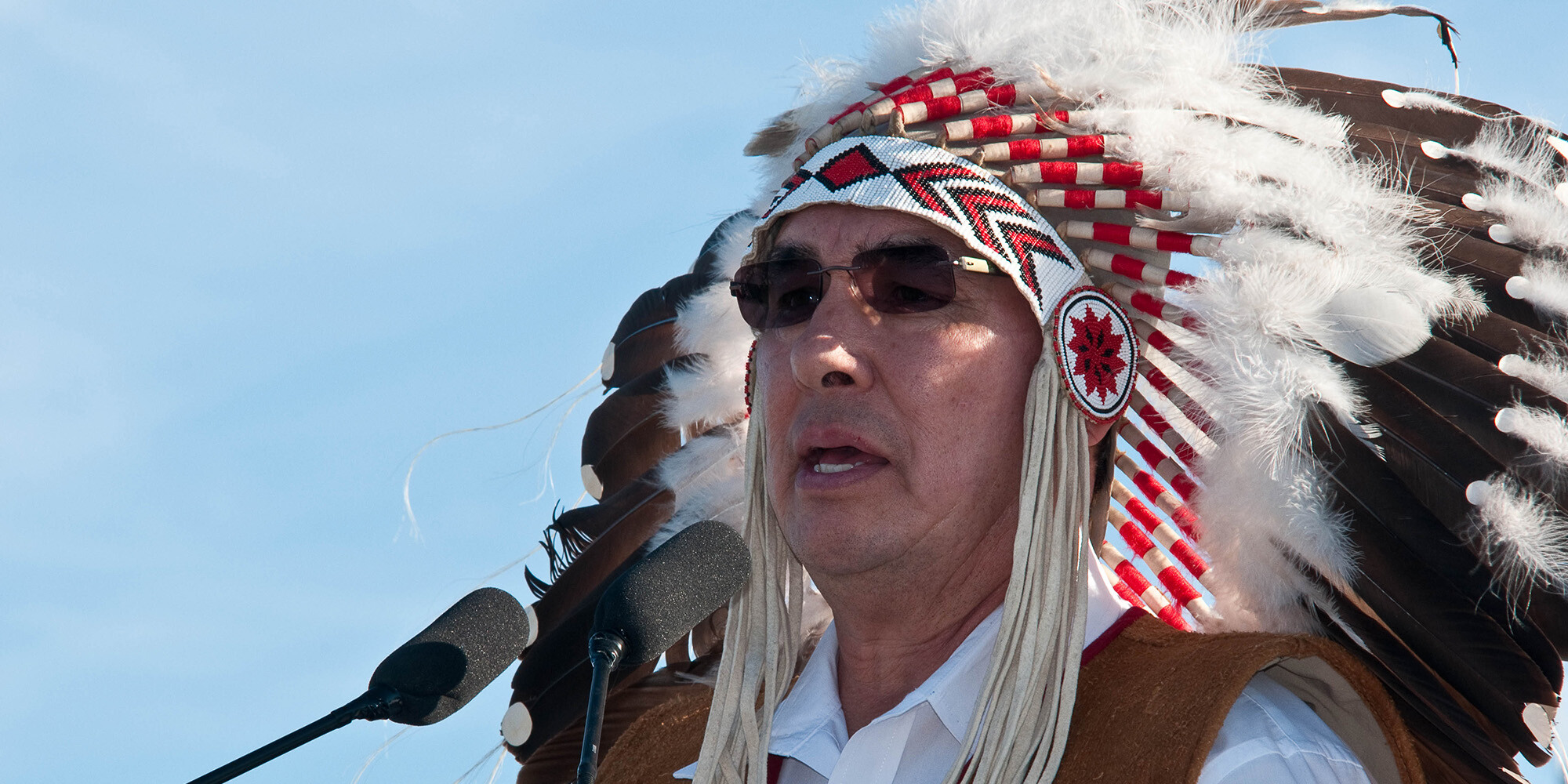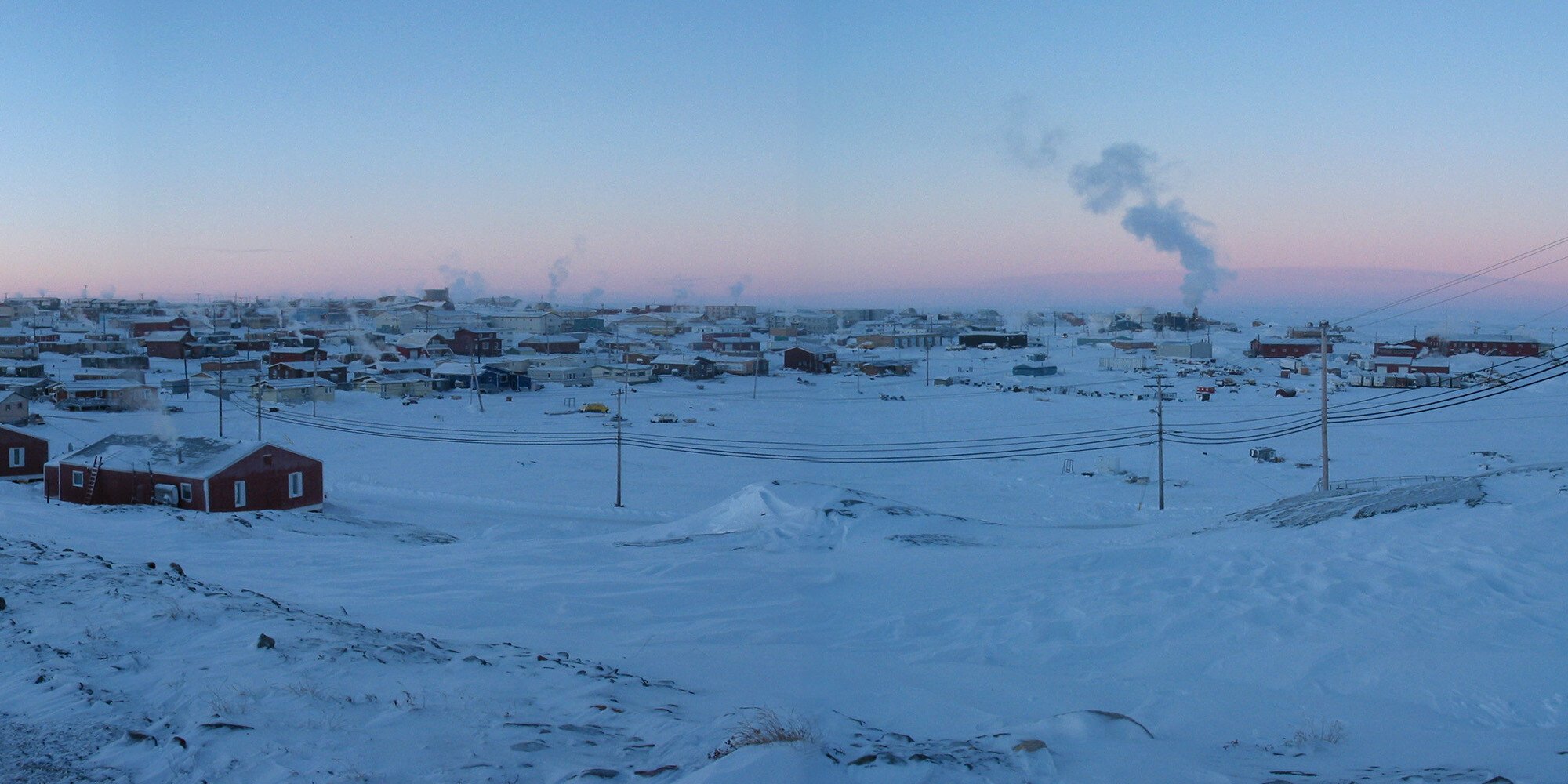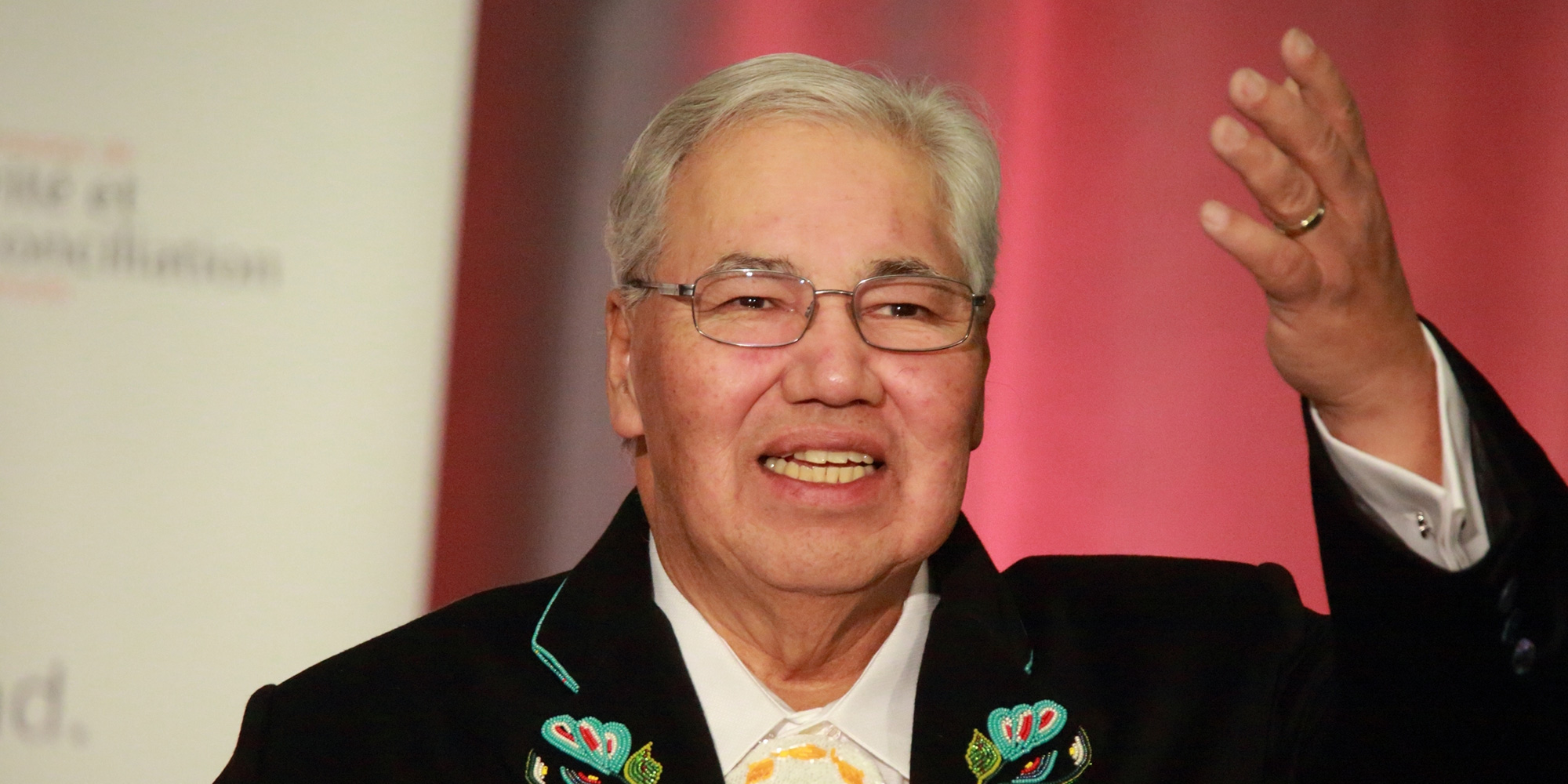Honourary Chief J. Wilton “Willie” Littlechild
Anyone aware of the work, life, and growing legacy of J. Wilton Littlechild will know that he is a significant leader in international Indigenous law...

On Sunday, July 19, 2014, with the passing of Alvin Dixon, a light went out for a great many people. Mr. Dixon quietly toiled behind many scenes to improve the lives of First Nations people in many areas - from working diligently in the First Nations fishery to supporting First Nation youth to toiling ceaselessly to bring awareness to the forefront of Canadians of the experiences of First Nation children in residential schools. He himself was a survivor of the residential school school system and a victim of a government-run malnutrition experiment.
 His lifelong friend and fellow residential school survivor, Chief Dr. Robert Joseph, Ambassador, Reconciliation Canada, spoke fondly of his late friend and his numerous causes and contributions. In his words:
His lifelong friend and fellow residential school survivor, Chief Dr. Robert Joseph, Ambassador, Reconciliation Canada, spoke fondly of his late friend and his numerous causes and contributions. In his words:
He toiled so hard and so long, persevered and kept working on the things he felt were required in terms of creating justice and equality, and bringing value and purpose for every human being he knew. Especially around residential school issues and our need to reconcile with all Canadians going forward.
I admired and appreciated his work. We worked together for a long time. Prior to all the residential school issues becoming so prominent he was one of the earliest graduates from UBC and came out of there with a degree in education. He taught for quite a while.
After the residential schools closed, he became a home school counselor for the Department of Indian and Northern Affairs. He took care of students who came from isolated communities to Vancouver to attend high schools. The students stayed at boarding homes with other students and he worked really hard to make those young people feel comfortable and welcome in the city, and encouraged them in their studies.
He was also one of the first board members of the longhouse at UBC. The longhouse is a place where Aboriginal youth gather together, study together, socialize and encourage each other.
He was very much involved in the fishing industry. He worked for and supported the Native Brotherhood. He was also very much involved in the Native Fishing Association which are some independent operations supporting Aboriginal people in the fishing industry for funding for gear and boats. He also worked for the Central Native Fishing Co-op at a time when First Nations were in the industry and were trying to create niches in the industry that would provide a really good market for their products.
For the past decade and a half, he and I worked together at the Indian Residential School Survivors’ Society. Our work started off supporting survivors and helping them find their way through the courts, to out of court settlements so that they would not be traumatized any further. We supported the survivors through those difficult times.
He worked with churches and was on the General Executive Council of the United Church of Canada. He always made sure the providence of the Aboriginal issue within the church was very important. He supported and advocated for the idea of an apology from the United Church. One of the other things he did with the United Church was insist they start a fund to support the Delgamuukw court case. As a result, the United Church took his advice and raised $1 million to help support that court case.
In recent times we worked together at reconciliation. He strongly supported the idea that it was time for Canada and its Aboriginal people to redefine ourselves and create new relationships between us; to find a new way forward that embraces all of our visions of what the future for our children looks like and how we can work together to achieve those visions.
He was a private mentor for me. He always elevated my position to be a spokesperson to be a representative; as a result I have been honoured and privileged to have the positions that I have had over time and to do the things I have done over time.
We had similar, shared experience at residential schools, we both struggled hard to get beyond that and to be of service to others. We did not attend the same residential schools - he was at residential school in Port Alberni while I was in residential school in Alert Bay.
Throughout the course of our lifetime we knew each other and worked together with the same organizations. We shared the same ideals to inspire other Aboriginals to achieve the maximum that they could possibly be whether it was in education or economic development or in spiritual matters.
He was deeply convinced that spiritual matters were important in our lives and should be the foundation for our rebuilding from the past. He was a very strong willed person who was raised by his grandmother in the early years of his life. He often spoke to me about the mentoring that his grandmother gave him and those teachings supported him growing up and experiencing residential school and other challenges in the course of his life - he never forgot the teachings his grandmother passed on to him. He was very intelligent and resilient.
I will miss him the most because he was my lifelong friend.
His life’s work was pretty significant and Canada owes a great deal of gratitude to Alvin Dixon, who worked so hard for all of us.
Featured photo: David Stanley, Flickr. Photo of Alvin: Lyn Valley United Church.

Anyone aware of the work, life, and growing legacy of J. Wilton Littlechild will know that he is a significant leader in international Indigenous law...

Many educational programs and documents that recount the history of Indian Residential Schools in Canada will state that 1996 was the year that...

For many survivors of residential schools and their families, the Papal apology was all they hoped to hear, for others, it did not go far enough....